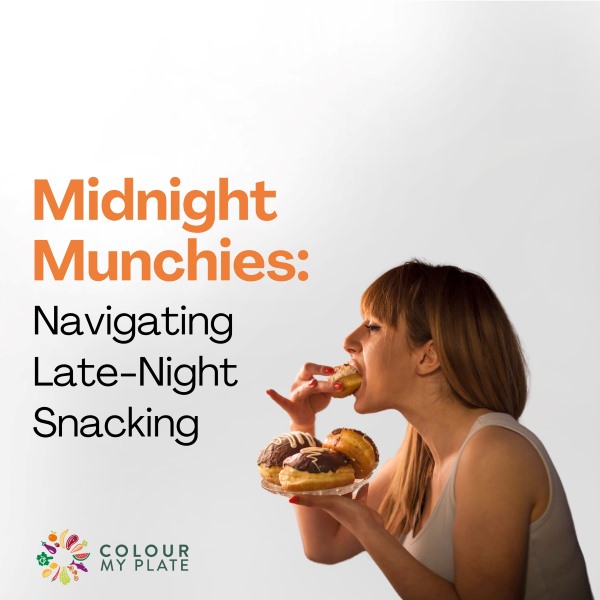
![]() 7 Jun 2024
7 Jun 2024
Late-night snacking has become a common indulgence for many, whether it’s a bowl of ice cream while binge-watching Netflix or raiding the pantry for snacks before bed. However, is it the villain behind unwanted weight gain? In this post, we’ll delve into the truth and its impact on our weight.
Late-night cravings often stem from various psychological factors. Stress, boredom, or simply habit can drive us to seek comfort in food during the evening hours. Additionally, the availability of unhealthy snacks and the relaxation that comes with winding down for the day can make indulging in late-night treats all too tempting.
Furthermore, late-night snacking can disrupt our dietary habits, leading to overconsumption of calories and unhealthy food choices. That is why it is crucial to understand the underlying reasons behind these cravings to effectively address them.
Contrary to popular belief, late-night snacking itself doesn’t directly cause weight gain. Weight gain is determined by the overall balance of calories consumed versus calories burned throughout the day. However, making it a habit can contribute to weight gain over time, especially if it leads to a calorie surplus.
It’s essential to recognize the role of moderation and portion control in managing late-night snacking habits. While the occasional indulgence may not significantly impact weight, consistently overeating during late-night hours can lead to unwanted weight gain.
Our digestive hormones, such as insulin, tend to work more effectively during the day compared to late-night hours. Consuming excess calories within a small window right before bed can burden your body, disrupting its natural rhythm and potentially leading to discomfort. Furthermore, indulging in high glycemic index foods before bed may cause a spike in sugar levels followed by a sudden drop, which can trigger cravings for more low-quality foods. These fluctuations in blood sugar levels can also disrupt sleep quality and digestion, contributing to potential long-term health issues.
Late night snacking can be part of a healthy lifestyle, but mindful choices are key. By setting boundaries, making healthy swaps, and listening to your body, you can enjoy guilt-free late-night munchies without tipping the scales. Remember, a balanced diet is all about making sustainable choices that work for you!

Your message is sent